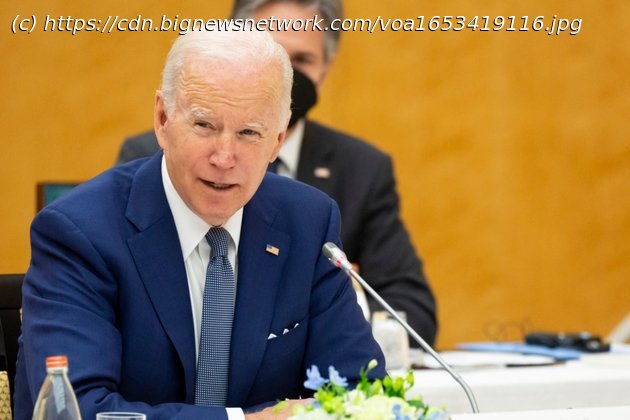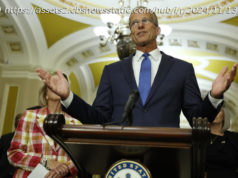TOKYO – Ending his 6-day trip to Asia US President Joe Biden used the war in Ukraine to send a message to China to uphold the fundamental principles
Ending his 6-day trip to Asia, U.S. President Joe Biden used the war in Ukraine to send a message to China to uphold the fundamental principles of the international order.
« Territorial integrity and sovereignty, international law, human rights must always be defended, regardless of where they’re violated in the world », Biden said in remarks during a Tokyo summit with leaders of Japan, India and Australia – the informal grouping known as the Quad. Russia’s invasion of Ukraine heightens the importance of the administration’s strategy goals to « advance a free, open, connected, secure and resilient Indo-Pacific », Biden said during the Quad meeting on his last day in Asia, with Japanese Prime Minister Fumio Kishida, Indian Prime Minister Narendra Modi and newly elected Australian Prime Minister Anthony Albanese. Australian Prime Minister Anthony Albanese, U.S. President Joe Biden, Japanese Prime Minister Fumio Kishida, and Indian Prime Minister Narendra Modi attend the Japan-U. S. -Australia-India Fellowship Founding Celebration event, in Tokyo, Japan, May 24, 2022.
« As long as Russia continues the war, the United States will work with our partners to help be the global response, because it’s going to affect all parts of the world », Biden said. « At the same time, the United States must and will be strong, steady, and enduring partner in the Indo-Pacific. »
Kishida echoed Biden’s statement. « Russian invasion into Ukraine squarely challenges the principles which are enshrined in the United Nations Charter », he said. « We should never, ever allow a similar incident to happen in the Indo-Pacific. »
The Quad joint statement and the remarks of the four leaders did not mention China directly but underscored the goal of building an Indo-Pacific region that respects sovereignty and the rule of law – diplomatic wording understood to be directed at Beijing. Beijing has dramatically increased its military spending in recent years, including its naval power. It now has the world’s second largest defense budget after the United States. And in terms of the numbers of vessels it claims it has, the Chinese navy is now the biggest in the world, said Sam Roggeveen, director of the Lowy Institute’s International Security Program.






